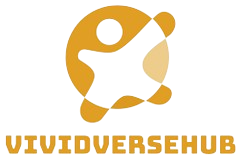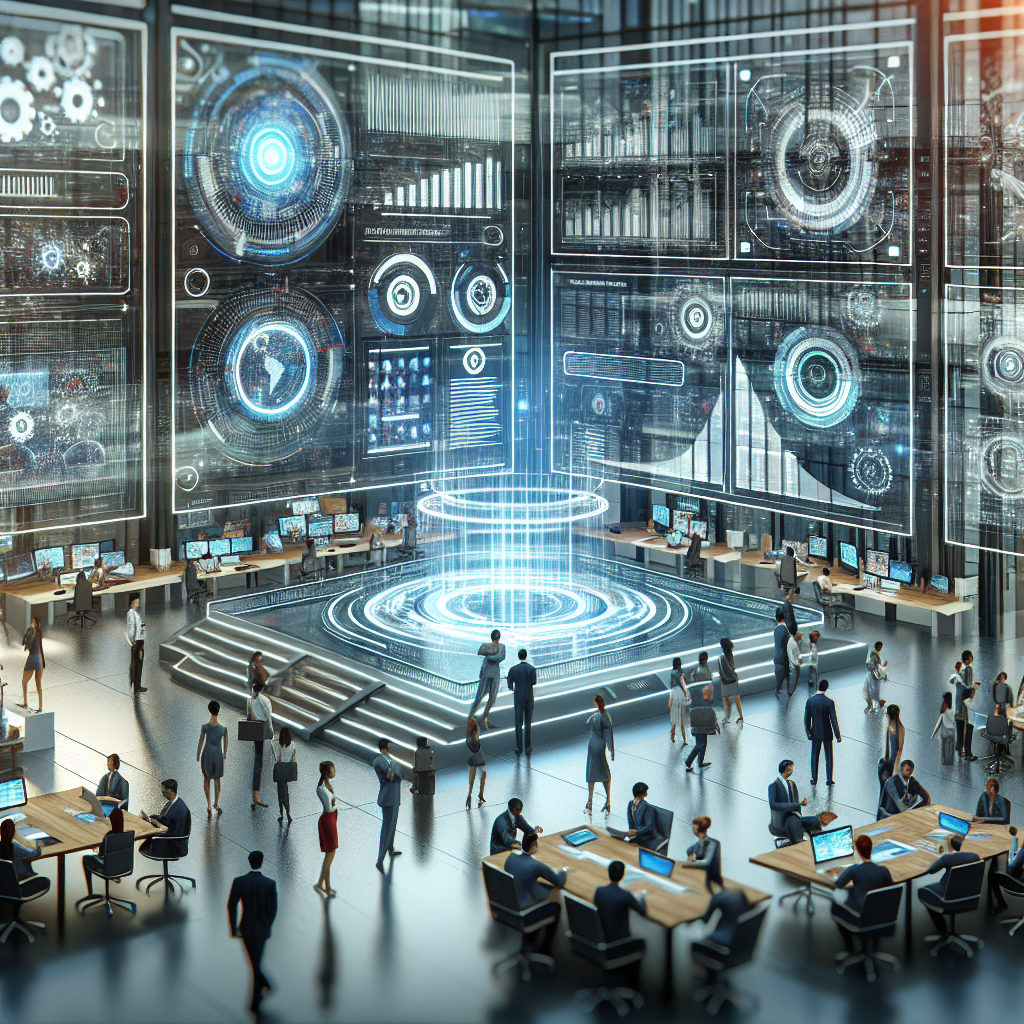Introduction
The landscape of Human Resource Management (HRM) is rapidly evolving, and at the forefront of this transformation is Artificial Intelligence (AI). AI technologies are reshaping how organizations manage their workforce, streamline processes, and enhance employee experiences. This article delves into the ways AI is revolutionizing HRM and the potential benefits it offers.
The Role of AI in Recruitment
One of the most significant areas where AI is making an impact is recruitment. Traditional hiring processes can be time-consuming and prone to bias. AI-powered tools are changing this by:
- Resume Screening: AI algorithms can analyze resumes more efficiently than human recruiters, identifying top candidates based on specific criteria.
- Bias Mitigation: AI can help reduce unconscious bias by focusing solely on qualifications and experiences, thus promoting diversity and inclusion.
- Chatbots: AI chatbots improve candidate engagement by answering questions and providing information during the application process.
Enhancing Employee Engagement
Once the right talent is hired, the focus shifts to employee engagement. AI tools are instrumental in creating a more engaged workforce through:
- Feedback Analysis: AI can analyze employee feedback from surveys and social media, helping HR to gauge overall morale and satisfaction.
- Personalized Learning: AI-driven platforms can recommend personalized training programs based on employees’ skills and career aspirations.
- Wellness Initiatives: AI can track employee well-being and suggest wellness programs to foster a healthier work environment.
Performance Management Enhanced by AI
Performance evaluation is another critical aspect of HRM that AI is transforming. The benefits of AI in performance management include:
- Continuous Performance Tracking: AI tools provide real-time performance data, allowing for timely feedback and development.
- Data-Driven Insights: AI analyzes past performance trends, enabling managers to make informed decisions about promotions and raises.
- Goal Alignment: AI can help align individual goals with organizational objectives, enhancing accountability and engagement.
The Future of AI in HRM
As AI continues to evolve, its role in Human Resource Management will likely expand. Future advancements may include:
- Predictive Analytics: AI could predict employee turnover and identify potential retention strategies.
- Advanced Talent Analytics: AI may enable deeper insights into employee performance and engagement metrics.
- Fully Automated Processes: Complete automation of repetitive HR tasks, allowing HR professionals to focus on strategic initiatives.
Conclusion
AI is undeniably revolutionizing Human Resource Management by improving recruitment processes, enhancing employee engagement, and enabling more effective performance management. As organizations continue to adopt AI technologies, the future of HRM looks promising, paving the way for a more efficient, engaged, and productive workforce.

